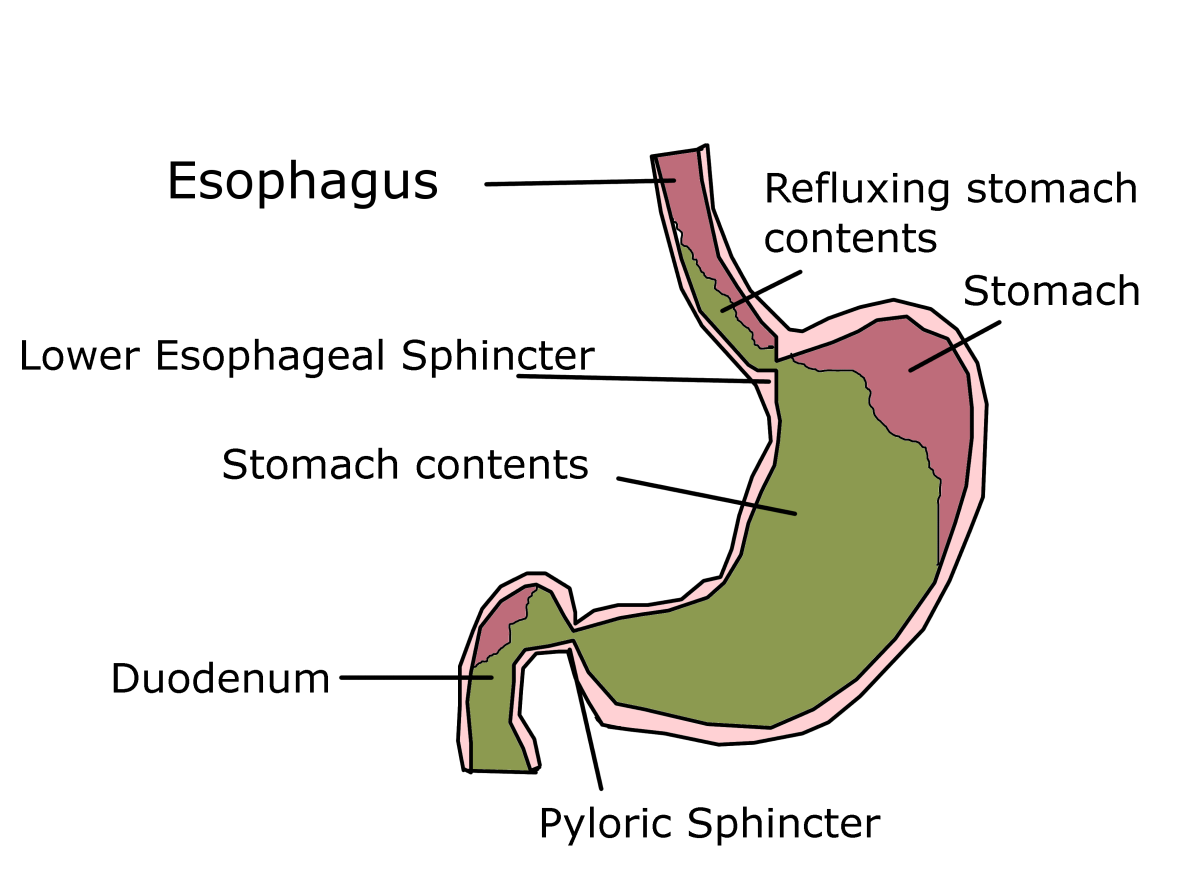Don't Be Your Own Doctor

It's on the Internet
In my world of medicine, people come to my office because they seek information about their health as well as guidance regarding treatments for whatever their condition. But my world of real-time medicine is fast being supplanted by the virtual world of Internet medicine. Instead of seeking the advice of a healthcare professional with whom they have a relationship, more and more people are using their favorite search engine to solve health issues. Is this a good thing?
After dealing with one woman who decided to take health matters into her own hands based on what her friend found on a blog and medication that she found via the Internet, I am inclined to say that virtual medicine is a dangerous pathway. Sure, consulting WebMD from time to time with a non-urgent health problem is fine, and reading up on a condition that your healthcare provider talked with you about is a really good idea. Knowledge equals power over disease. But there is a profound difference between engaging in those helpful activities versus using Internet blog sites written by literally anyone with a computer (but seldom with any real medical knowledge) and/or obtaining prescription medication without an actual prescription.

A Real Case
My experience with self-medicating patients is recent and involves the use of a drug called Cytotec to induce a pregnancy termination. The young woman involved was in a foreign country, and she was afraid to seek professional medical care when she began to suspect that she might be pregnant. When her home pregnancy test was positive, she consulted with a friend who thought they could help her out with information about a way to self-abort in privacy. They told her about how and where she could obtain Cytotec, a medication used to treat stomach ulcers, online without the need to speak with a physician.
Cytotec, also known as misoprostol, is a prostaglandin agent. Prostaglandins are known to induce contractions of the uterine muscle that can be powerful enough to expel a devloping pregnancy. This is not the same as RU-486 (mifepristone), which was marketed as an abortion pill some years ago. That medication belongs to a class of drugs called antiprogestational steroids. It can end a pregnancy by blocking the activity of progesterone, a necessary hormone for growth of the embyo/fetus, but it does not cause expulsion of the tissue. That's where Cytotec comes into the picture. Women have discovered that they can skip the mifepristone step and go right to the misoprostol on their own.
The young woman that I was now seeing in my office took the Cytotec as her friend told her to do, and she began to have very heavy bleeding and severe cramping of the uterus. This was more painful than she expected, and she was compelled to seek medical assistance at that point. She was completely unaware of the potential dangers of her actions until I told her about all the possibilities. Fortunately, she did not have a tubal pregnancy (ectopic) because if that type of implantation of the embryo goes undiagnosed, a woman can lose her life. Also, if she had significant blood loss at home, she could have had to face a blood transfusion prior to receiving any surgical intervention. There are a multitude of potentially complicating factors that could have caused significant health problems in this person, which would be avoided with the guidance and assistance of a medical provider.
Ultimately, the young woman in my practice did fine. She did not require a blood transfusion or additional medication. But her experience opened my eyes to the ease in which non-medical personnel can obtain literally any medication online as well as "tutorials" on how to use them. While this is convenient and fairly cheap (be aware that the medications online have inflated prices), it is not very smart. Taking just anyone's advice on important health issues is a one-way ticket to disaster.








